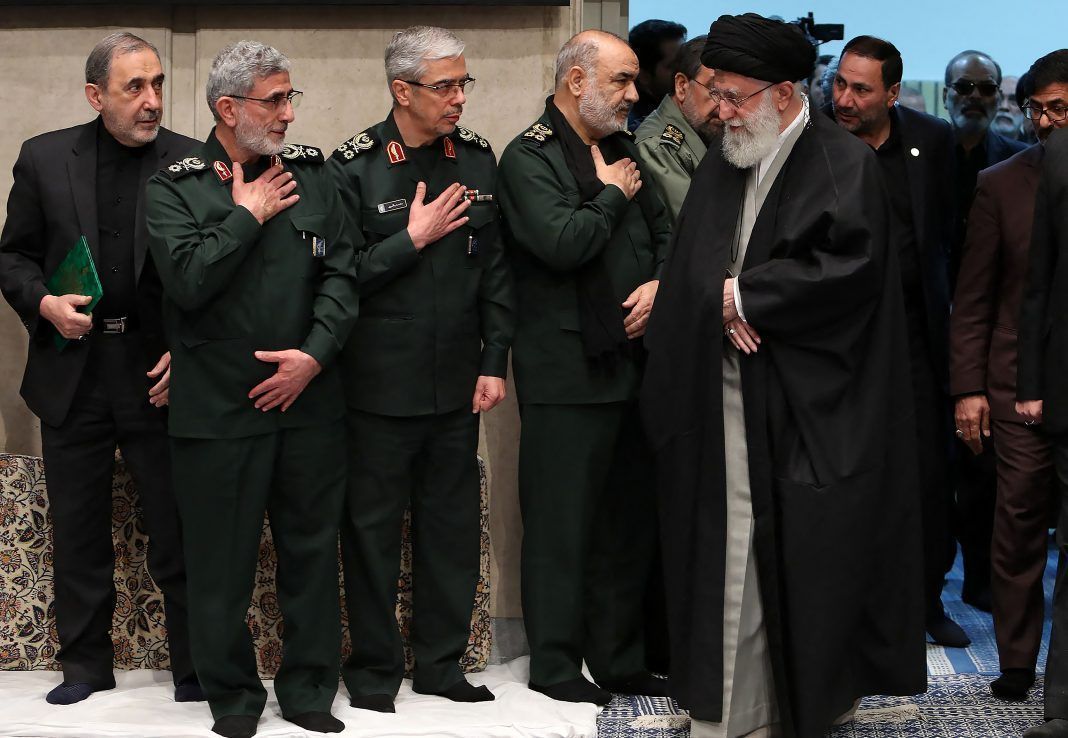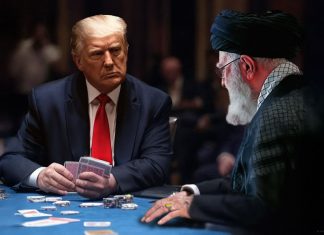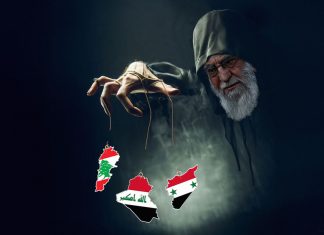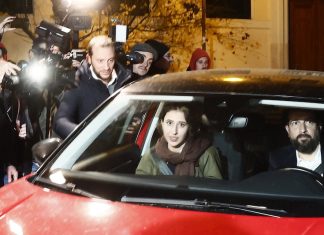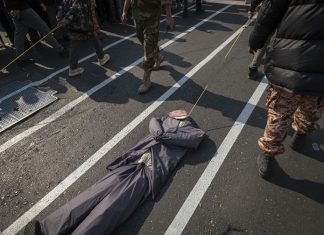By Ahmad Rafat
After more than a year, the European Union has activated the Instrument to Support Trade Exchanges (INSTEX), enabling Iran to buy medicine and medical supplies and equipment to help the country in its fight against the coronavirus.
INSTEX is a special purpose vehicle (SPV) established in January 2019 by France, Germany, and the United Kingdom to facilitate non-dollar trade with Iran. Some time later, Denmark, Belgium, Finland, Netherlands, Sweden, and Norway also joined the group.
INSTEX primarily helps smaller companies that have almost no dealings with the United States. It does not, however, enable larger companies with significant business interests in the U.S. to bypass the sanctions.
The mechanism has not been activated until now, given that no EU country has engaged in trade with Iran ever since the U.S. unilaterally withdrew from the 2015 Joint Comprehensive Plan of Action (JCPOA), better known as the Iran nuclear deal, in May 2018, and re-imposed stringent economic sanctions on Tehran.
Since the COVID-19 outbreak, the EU has given 20 million euros in aid to Iran, and Britain, Germany, and France collectively have given another 5 million euros to help it buy medicine, medical supplies, and food products from European companies.
The U.S. has said it does not oppose INSTEX as long as Iranians use it for humanitarian aid.
Iran is unlikely to receive any more money from the Europeans through INSTEX. It is, therefore, difficult to speculate about the normalization of trade relationships between the EU and the Islamic Republic.
European imports from Iran dropped 94 percent in the first six months of 2019 compared to the same period in 2018, placing the country at the bottom of the list of EU’s trade and economic partners.
Iran has not yet been successful in pressuring the U.S. to lift or significantly ease the sanctions. At a recent news conference, the U.S. Secretary of State Mike Pompeo seemed to signal a softening of the administration’s stance on Iran when he said: “We can always review the situation.”
Some news outlets have also reported that the U.S. might back down from its policy of “maximum pressure” on Iran by renewing sanction waivers for China, Russia and some European countries involved in developing the Bushehr Nuclear Power Plant, the Fordow Fuel Enrichment Plant, and the Arak Heavy Water Facility. Allowing Iraq to import energy sources from Iran for the next three months has also strengthened these rumors.
At the U.S. Coronavirus Task Force’s daily conference on April 2, President Donald Trump said: “I said if they [Iranians] need help with the virus, we would love to send it. We have the greatest health professionals in the world.”
In the past, Mr. Trump has said that his administration would be prepared to talk to Iran, but that he doubts Tehran would come back to the negotiating table.
The Islamic Republic demands that the U.S. lift all sanctions and return to the JCPOA before any new negotiation can take place.
President Hassan Rouhani believes that the coronavirus pandemic has presented the U.S. with an opportunity to “lift the sanctions” and “apologize to Iran.”
Sanction relief against Iran has become a significant political issue in the 2020 U.S. presidential elections. Earlier this month, former Vice President Joe Biden, the presumptive Democratic nominee in the November elections, called on the Trump administration to ease sanctions against Iran during its battle with the COVID-19 pandemic.
“Iran is struggling to contain one of the deadliest COVID-19 outbreaks in the world. While the Iranian government has failed to respond effectively to this crisis, including lying and concealing the truth from its people, and it continues to act provocatively in the region, the Iranian people are hurting desperately,” Mr. Biden said in a statement on April 2. “Our sanctions are limiting Iran’s access to medical supplies and needed equipment. The Trump Administration should take immediate steps to address this problem and streamline channels for banking and public health help from other countries in response to the health emergency in Iran.”
“Specific steps should include issuing broad licenses to pharmaceutical and medical device companies; creating a dedicated channel for international banks, transportation companies, insurers, and other service firms to help Iranians access life-saving medical treatment,” Biden added.
The Islamic Republic has, so far, rejected all offers of humanitarian help from the U.S. to fight the COVID-19 pandemic. It has instead used threats to pressure the U.S. and the West to back down from their tough stance against Tehran.
“Dear Americans: If we do not fight the Coronavirus globally it will reappear globally, again and again, and again,” Hesamodin Ashna, a senior advisor to President Rouhani, tweeted in English on April 2. “Trump’s economic sanctions equal further spread of the virus in Iran which equals further spread of the virus in the US! Help us help you.”
[Translated from Persian by Fardine Hamidi]

